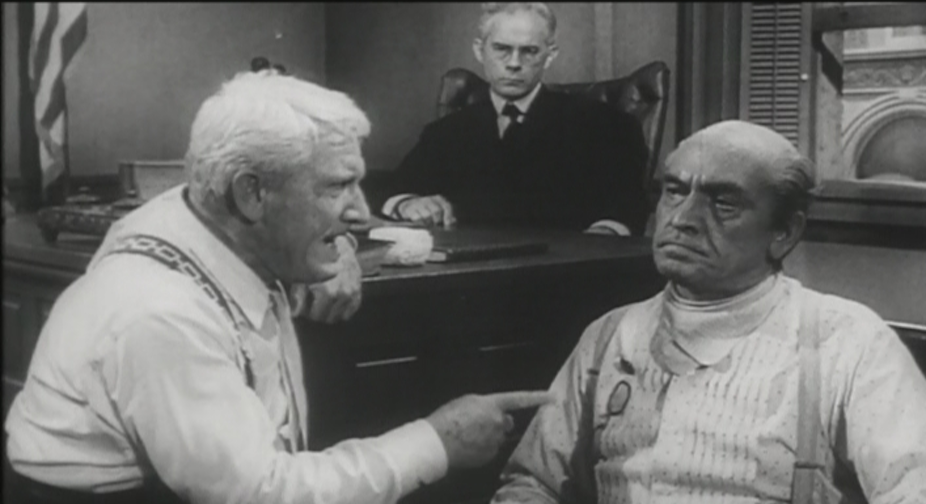On the weekend of 12-13 August the Western Australian branch of the Liberal Party passed a resolution calling for a Royal Commission into the science of climate change. Apparently the party members are concerned that the public is being misled.
I would prefer that the Liberal Party Government of Western Australia passed a law that forbade the teaching of climate change in Western Australian schools. Then if a teacher, lets call her Jones, broke the law by teaching that climate change existed and was caused in any way by human activity we could have the Jones weightless, invisible gas trial.
In 1925 the State Legislature of Tennessee passed the Butler Act which forbade the teaching of human evolution in any school or university supported by state funding in Tennessee. In the same year, John Scopes was charged, tried and convicted of teaching that humans are the result of an evolutionary process.
The trial was a turning point in the contest for US public belief in Darwinian evolution versus biblical revelation. Darwin’s theory had only been presented 66 years earlier and belief in the biblical account of creation still predominated in many parts of America.
The trial was closely followed in the press and many important public figures lined up on one side or the other. The opponents of evolution ridiculed the idea that man was descended from monkeys (which, as primates, we are not, of course), and so the trial became known as the Scopes Monkey Trial. Scopes’s conviction was upheld on appeal (he had actually broken the law). But in the court of public opinion the opponents of evolution were crushed — they came out looking like fools.
It would be good to have a similar trial over the question of climate change, with the same result in public opinion. The leader of the Opposition Tony Abbott and other climate change sceptics have ridiculed concern about excess amounts of a weightless, invisible gas in the atmosphere. Therefore a trial could be dubbed the Jones weightless, invisible gas trial.
Those for and against belief in a human induced global warming could line up before the court. We would see clearly, in one clear vista, who was on either side.
On one side would be essentially the whole of the scientific community, on the other would be the climate change sceptics, who would be required to make a case for their belief. On one side would be the accumulated theory and evidence of man made climate change. On the other would be the vacuity of Lord Monckton and Co. declaring that the science is wrong or undecided.
As an aside here, anyone who says that the “science of climate change is undecided” as Tony Abbott has, is demonstrating a misunderstanding of the nature of scientific inquiry. Of course it is not decided — science is never “decided”. Scientific theories are always contestable. If you can bring to ongoing scientific discourse a better explanation to observed phenomena, or better observations, then your theory or observations will (eventually) displace the dominant theory. The science of climate change is not settled — yes, we can all agree on that.
The climate change debate is sometimes compared to the trial of Galileo in 1615 (which was actually a part of the Roman Inquisition rather than a trial). Galileo, with Bacon before him and Newton after him, sought to wrest authority for explaining the natural world away from Aristotelian scholasticism and sacred texts and place it with scientific observation and (contestable) theory.
On one side of the trial of Galileo is the nascent scientific community and the new philosophical movement of empiricism, and on the other is the Church in all of its glory, greatness, weakness and centrality to European history.
In contrast to the trial of Galileo, in the climate change debate we have on one side the scientific community with its coherence, rigour, method, openness, and objectivity and on the other side — what?
No, the climate change debate should not be compared to the trial of Galileo — that gives one side a gravity and place in history that they do not deserve. A better comparison is the trial of John Scopes.
This article was originally published in Core Economics.

